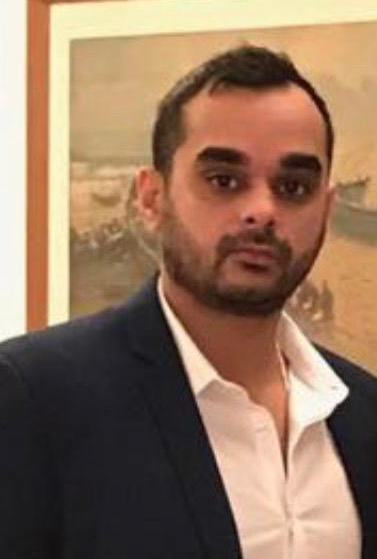The Falcons Football Club and their coach Arthur Smith were recently given a substantial fine of $100,000.
The National Football League (NFL) found them guilty of not disclosing the week 7 illness of Bijan Robinson, their running back.
This omission has opened the floodgates to multiple potential problems. The Falcons, as well as the NFL, are now at risk of facing a class-action lawsuit from those who placed prop bets presuming Robinson was healthy for the game.
The $100K in fines imposed on the Falcons and coach Arthur Smith for hiding Bijan Robinson's Week 7 illness puts the Falcons and the NFL at risk for a class action from those who made (and lost) prop bets based on the idea that Robinson was healthy. https://t.co/Bhr3zd88HW
— ProFootballTalk (@ProFootballTalk) December 23, 2023
Though Robinson was a part of the game, he had limited snaps and one touch, arguably his lowest involvement in the season.
Three key aspects are considered when assessing the likelihood of a civil lawsuit: liability, damages, and collectibility.
In this scenario, the NFL’s decision to fine the Falcons makes liability for deliberate misrepresentation or fraud apparent.
The challenging part is putting together a large enough damages claim to make a potential lawsuit worthwhile.
This is where a class-action lawsuit, much to the dismay of corporate America, becomes handy.
The overall lost amounts might seem trivial individually, but when summed up from across the nation, the sum becomes significant.
Precise numbers betting on Robinson’s performance that game are not public knowledge but sportsbooks surely possess this data.
Whether it happens with Robinson or the next instance of a player’s injury concealment, the tidal wave of class action is an unrelenting storm on the horizon.
There are prior examples of unexpected class actions, such as a class action filed by a Jets season ticket holder against Patriots’ coach Belichick over ‘Spygate.’
However, this was dismissed due to lack of liability. Contrastingly, the current case demonstrates a clear breaking of injury disclosure rules, which is why such a legal action could prompt compensation for bettors.
It would be challenging for the teams and the NFL at this point to argue they owe no duty to the bettors. With the NFL capitalizing on every potential sportsbook sponsorship, it can’t deny the general public’s reasonable reliance on the accuracy of the injury reports.
Moving forward, it’ll be intriguing to see if the NFL’s strategic timing of the punitive news announcement during the Christmas weekend will enable it and the Falcons to evade legal accountability.
After all, their actions have already irrefutably proved that the illness was undisclosed and its subsequent fallout cannot be swept under the rug.





